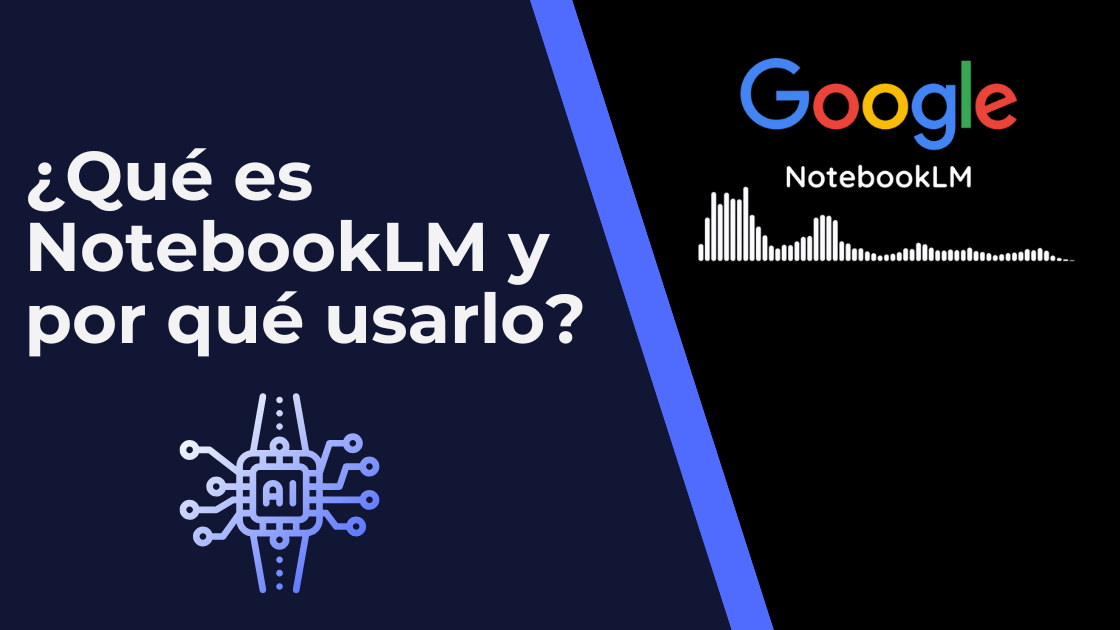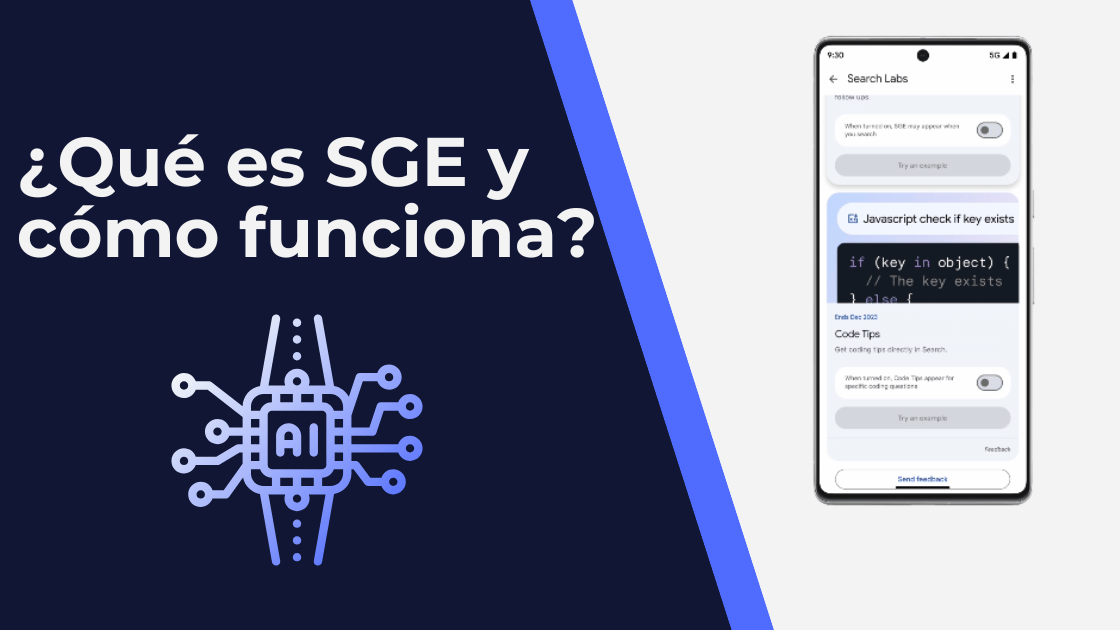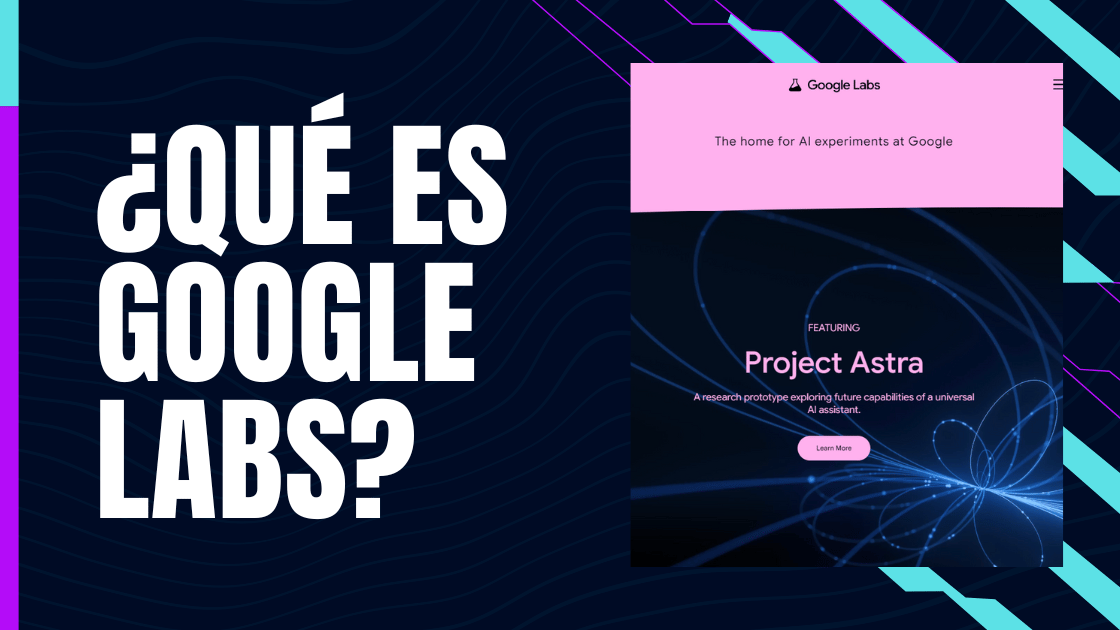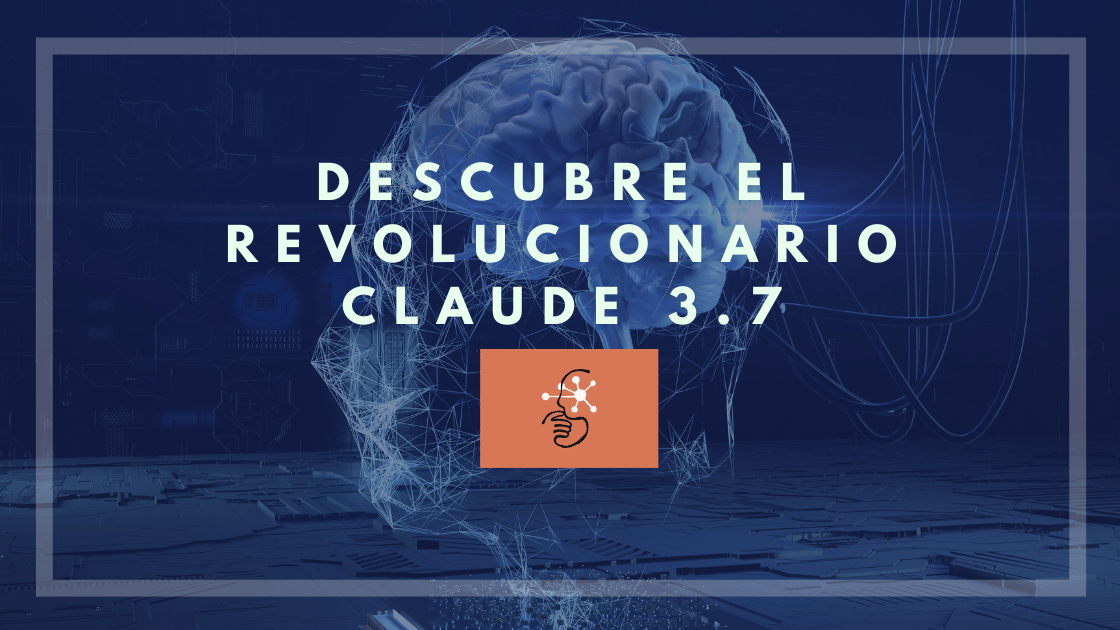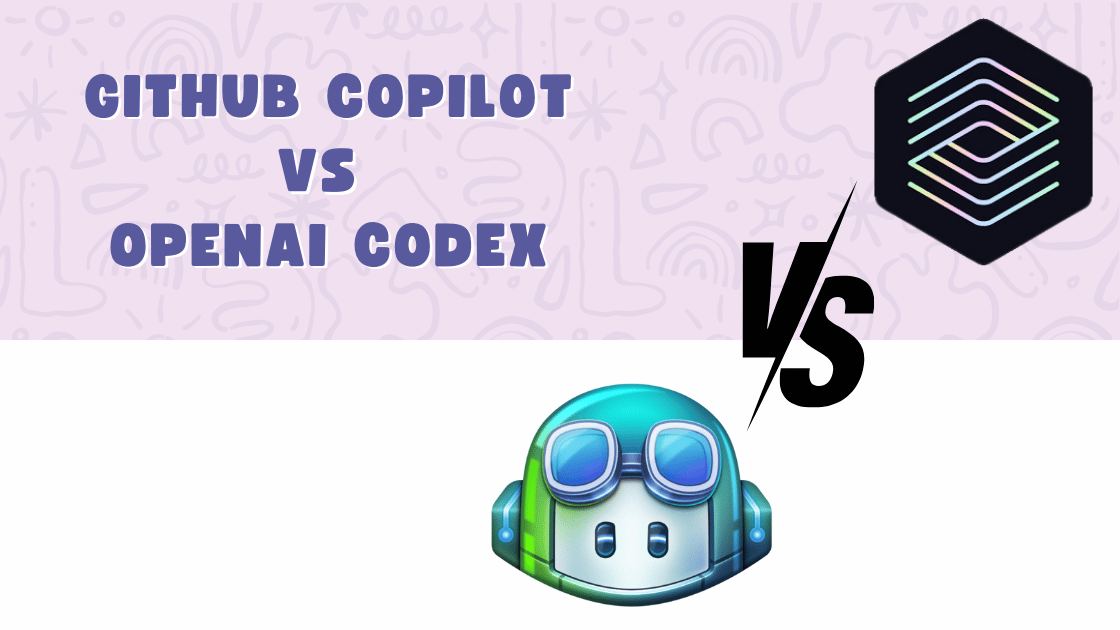GitHub Copilot vs OpenAI Codex: Which is the best artificial intelligence tool for programmers?
In recent years, the use of artificial intelligence (AI) in software development has grown exponentially, with tools that seek to automate and streamline everyday tasks for programmers. Among the most prominent are GitHub Copilot and OpenAI Codex, two AI-powered platforms that aim to facilitate code writing and improve productivity.
- Transform your reality and do everything you love in totally new ways. Welcome to Meta Quest 3S. Now you can get the Bat...
- Explore thousands of unreal experiences with mixed reality, where you can blend digital objects into the room around you...
- Have more fun with friends in Quest. Whether you're stepping into an immersive game with people from around the world, w...
Although these tools share similar technology and purposes, there are key differences that may make one more suitable than the other, depending on the context of use. In this article, we compare GitHub Copilot and OpenAI Codex in depth, evaluating their features, benefits and limitations to help developers choose the best option.
Introduction to GitHub Copilot and OpenAI Codex
GitHub Copilot is an AI-based coding assistant developed by GitHub in collaboration with OpenAI. It is integrated directly into several popular integrated development environments (IDEs) such as Visual Studio Code, allowing programmers to receive code hints as they write.
It uses advanced language models to understand the context of the code and automatically generate complete code blocks or suggest lines that complement the user's work.
On the other hand, OpenAI Codex is a more general AI model, also developed by OpenAI, that can convert natural language instructions to code in multiple programming languages. Although Codex is the core that powers GitHub Copilot, Codex itself is a more versatile tool that can be used in a variety of applications outside the context of a code editor, such as chatbots or task automation.
Both tools represent significant advances in the way developers interact with code, and each offers specific features that can be better suited to different types of users.
- This computer is well-suited for a variety of tasks including gaming, study, home, business, photo and video editing, st...
- This high-performance gaming PC is capable of running a wide range of popular games, including Fortnite, Call of Duty Wa...
- System: Intel Core i7 up to 3.9GHz 4-Core | 16GB Memory | 512GB Solid State Drive | Genuine Windows 10 Home 64-bit
Main Differences between GitHub Copilot and OpenAI Codex
1. Context of use
GitHub Copilot is intended to be a tool directly integrated into the developer's workflow. It is designed to work in the background while the programmer writes code, suggesting solutions in real time.
This makes it an ideal choice for those looking to increase efficiency and reduce time spent writing repetitive code or solving common problems.
OpenAI Codex, on the other hand, offers greater flexibility outside of IDEs. It can be implemented in custom applications, chatbots and other platforms that need dynamic conversion of instructions to code.
Developers can use Codex through the OpenAI API, which gives it a wide range of uses, such as creating applications that interpret natural language commands or automating technical processes.
2. Ease of integration
GitHub Copilot is easy to set up and integrate, especially for those already using Visual Studio Code or other compatible IDEs. It only requires the installation of a plug-in and a GitHub subscription, making it easy to use without additional technical knowledge. The simplicity of its integration makes it an excellent choice for developers of all levels, from beginners to experts.
OpenAI Codex, on the other hand, requires a more technical setup. To access its capabilities, developers need to implement the OpenAI API and develop the infrastructure necessary to receive and handle Codex responses. While this offers a greater degree of customization, it also demands a higher level of technical expertise.
3. Language and task support
Both tools support a wide variety of programming languages, but GitHub Copilot is more optimized for popular languages such as JavaScript, Python, TypeScript, Ruby and Go. This makes it an efficient tool for common web and backend development projects.
OpenAI Codex, due to its broader natural language processing capabilities, is able to handle more languages and perform more complex tasks, such as writing code in less common languages or interpreting more general instructions. Codex can generate not only code, but also detailed explanations of how it works, making it useful for tutorials or educational applications.
4. Costs and availability
GitHub Copilot is a subscription-based service, with a relatively affordable monthly or annual cost. In addition, GitHub offers free plans for students and for certain open source projects, increasing its accessibility to emerging developer communities.
OpenAI Codex, being based on a paid API, also has costs associated with it. However, Codex does not have a free direct access plan like Copilot, and its cost model is based on API usage, which can be more expensive in the long run, especially if required for large projects.
Strengths of GitHub Copilot
- Seamless integrationDesigned to work within the programmer's usual workflow.
- Simplicity of useIdeal for programmers looking for a "plug and play" tool without complex configurations.
- Time savingsGenerates code in real time, which accelerates development.
OpenAI Codex Strengths
- Greater versatilityIt can be used in a variety of contexts beyond traditional software development.
- Broader language supportYou can generate code in a wider range of languages and perform more complex tasks.
- CustomizationIdeal for companies or developers who want to integrate AI into custom applications.
What is the best option for you?
The choice between GitHub Copilot and OpenAI Codex will depend largely on your needs as a developer or team. If your goal is to improve productivity within a traditional development environment, Copilot is probably the simpler and more effective choice.
However, if you are looking for a more general tool that can be integrated into custom applications or perform tasks beyond conventional software development, OpenAI Codex offers greater potential for customization and flexibility.
Frequently Asked Questions (FAQ)
1. How accurate is GitHub Copilot in suggesting code?
GitHub Copilot has high accuracy in code suggestions, especially in popular languages. However, the suggestions are not always perfect, and it is important that the programmer reviews the code to ensure its quality.
2. Can OpenAI Codex be used outside an IDE?
Yes, OpenAI Codex can be implemented in a variety of applications beyond development environments. Through the API, Codex can be integrated into chatbots, virtual assistants and other platforms that require natural language to code conversion.
3. What programming languages do both tools support?
Both tools support a wide variety of languages, but GitHub Copilot is more optimized for popular languages such as Python, JavaScript and TypeScript, while OpenAI Codex has even broader support and can handle less common languages.
Conclusion
Both GitHub Copilot and OpenAI Codex represent a big step forward in the use of AI for programming, but each is designed with different purposes in mind. While GitHub Copilot stands out for its integration and ease of use in IDEs, OpenAI Codex offers greater versatility and capability for more customized projects.
Choosing between them will depend on your specific needs as a programmer or the type of project you are working on.
Explore more! If you are interested in the world of artificial intelligence applied to software development, we invite you to explore more about these tools at our blogwhere you can also find detailed comparisons with other emerging technologies.
